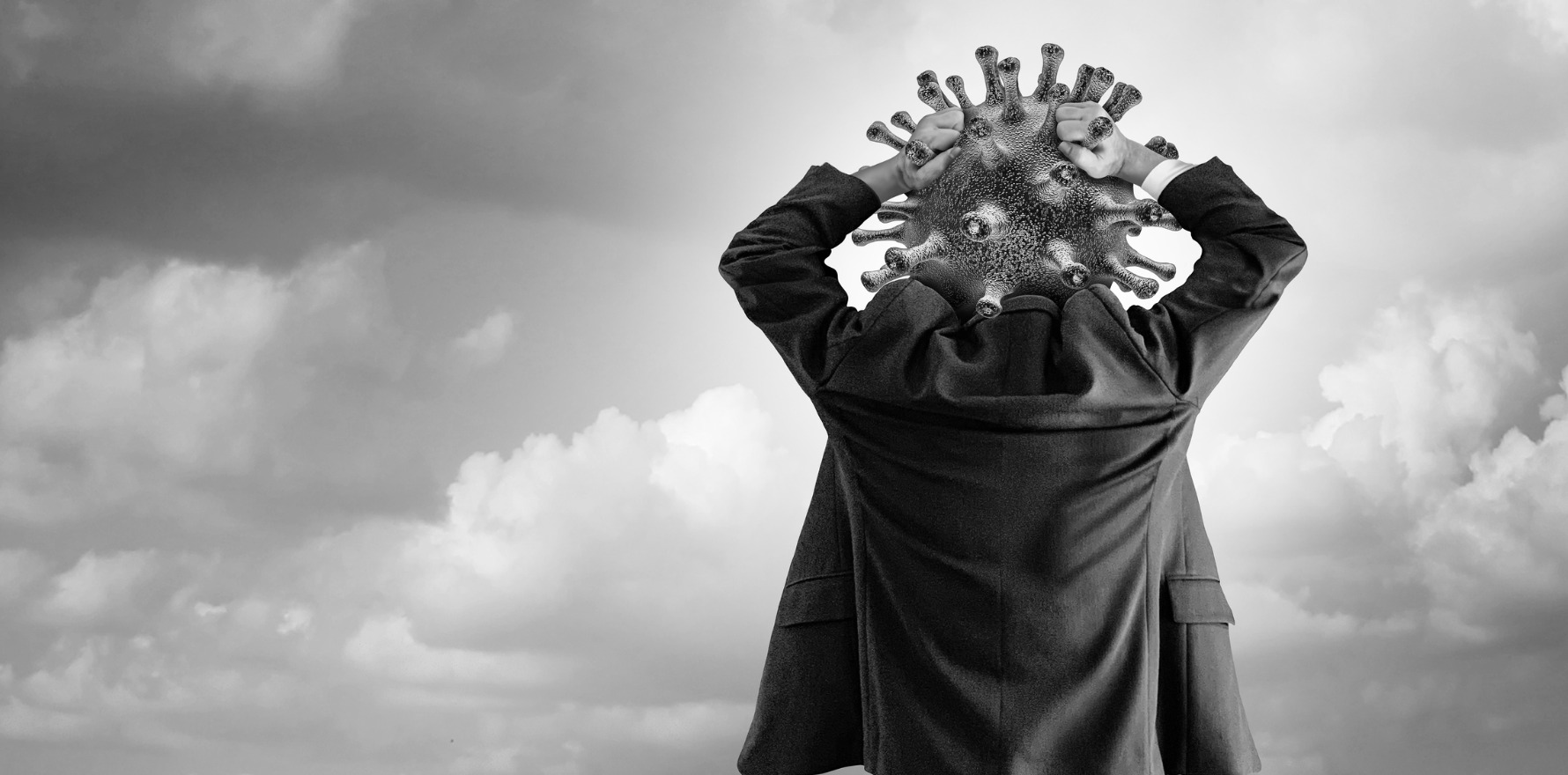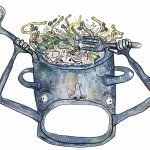‘Soldier’ and ‘superhero’ expectations of doctors aren’t helpful, mental health experts say – it’s okay not to be okay.
Fears are growing among medical professionals over the mental health toll the coronavirus crisis is having on Australia’s general practitioners.
For months, GPs across the country and around the world have juggled more patient demands than ever, with financial distress, problems accessing personal protective equipment and their own anxieties about infection.
“Our general practice population are struggling with different concerns and problems around the pandemic, as compared to doctors working in the emergency departments,” says Dr Helen Schultz, a consultant psychiatrist in Melbourne.
Dr Schultz provides clinical care to doctors and medical students, and says anxiety among practitioners has skyrocketed as the pandemic stretches on.
A lack of sleep and worries about contracting or spreading COVID-19 are common.
“That’s been further exacerbated now by the fact that they can’t share tea rooms, they’re less likely to have corridor conversations, and they’re spending a lot of time in their own consulting rooms, so they’re reporting that they’re feeling quite lonely and isolated, even when they’re at work.”
While the federal government’s expansion of telehealth curbed the risk of disease infection and gave access to patients who’d previously struggled to get medical care, it has also financially crippled some practitioners and practices, Dr Schultz tells The Medical Republic.
“The general public would be horrified to hear that a lot of GPs had to go onto JobKeeper,” she added.
Contractor GPs who switched to telehealth appointments for infection control have lost up to 60 per cent of their billings – with women doctors worse affected – and sparked financial uncertainty at a time when patients need practitioners the most.
In Melbourne, the coping strategies doctors would suggest to their patients and turn to themselves are off-limits to all.
It comes as GPs face an uptick in presentations for mental health, including new patients who haven’t experienced mental illness before.
Dr Kathryn Hutt, medical director at the Doctor’s Health Advisory Service, says more patients are seeking support from their GPs, but her colleagues are noticeably absent as they battle rapid legislation, billing and workplace change.
“We need to be telling each other it’s okay to ask for support, and that we don’t mind if you need to step back a bit,” Dr Hutt tells TMR.
“We also need to challenge that superhero or soldier paradigm because we’re actually just humans at work, we’re not soldiers in battle or superheroes.”
Dr Hutt, a GP in Mona Vale, says it is typical for doctors to prioritise the health of others above their own, but that doing so during the pandemic ups the risk of mental distress.
“There’s a danger in people neglecting their own health needs because burnout is a genuine phenomenon and if there aren’t those sorts of measures in place to ensure the workload is sustainable, then there are going to be very real health impacts on our GPs,” she says.
“Talking about it is key, speaking to each other and saying that it’s okay to not feel okay, to feel the pressure, to seek support.
“We all need to be helping each other to put in those strategies for the long haul now.”
General practitioners aren’t just facing the pandemic, they’re also managing the health needs of patients whose communities have been devastated by drought and bushfires, RACGP spokesperson Dr Penny Burns tells TMR.
“There’s a whole lot of background stuff that happens that GPs are very much involved with and a part of because they’re the community doctor,” she says.
“They have a unique role in that they’re a healthcare professional but they’re also usually a local community member, and that probably makes them a bit more vulnerable, but also gives them a lot of opportunities to help build resilience in community.”
That grit is what Dr Burns says will get her colleagues through the months ahead.
“GPs are very empathetic, they listen and take it on board, and that’s really hard because you hear story after story and you’re identifying with some of them because you might have been through the same thing,” she adds.
“But they’re a resilient group, they’re very used to being flexible and practical, and doing what needs to be done.
Taking time out from work, reaching out for support and recognising doctors must prioritise sleep and health for the benefit of their patients, their families and themselves, are key to managing mental stress.
“We learn as we work in general practice, when to put up that barrier and when to pull back,” Dr Burns says.





